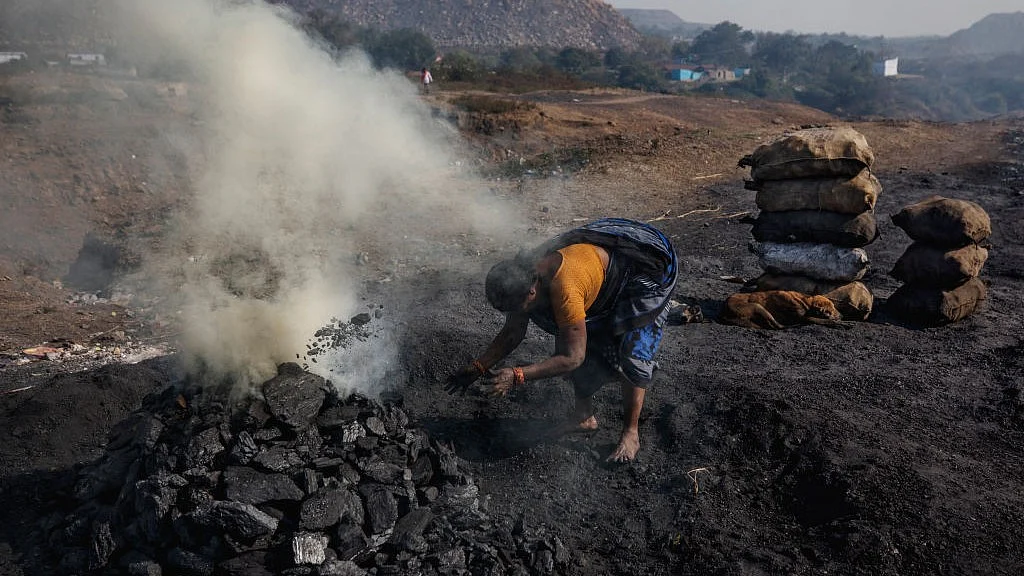India's per capita coal emissions surged by 29% in seven years, says new analysis
The report also shows that G20 countries collectively saw a 9% rise in per capita coal emissions from 2015 to 2022

India saw a 29 per cent increase in per capita coal emissions in 2022 as compared to 2015, while G20 per capita coal emissions rose by about 9 per cent from 1.5 tonnes of carbon dioxide in 2015 to 1.6 tonnes of carbon dioxide in 2022, according to a new analysis by global energy think tank 'Ember'.
The annual report on 'Changes in per capita coal power emissions of G20 countries' also found that 12 out of 20 G20 economies saw declining per capita coal emissions since 2015. "However, G20 per capita coal emissions slightly increased by about 9 per cent from 1.5 tonnes of carbon dioxide in 2015 to 1.6 tonnes of carbon dioxide in 2022. India saw a 29 per cent increase in seven years in per capita coal emissions compared to 2015," said the report which focuses on global transition to clean electricity.
Dave Jones, Global Insights Lead, Ember said China and India are often blamed as the world’s big coal power polluters. "But when you take population into account, South Korea and Australia were the worst polluters still in 2022. As mature economies, they should be scaling up renewable electricity ambitiously and confidently enough to enable coal to be phased out by 2030,” Jones said.
While Australia and South Korea decreased their per capita coal emissions by 26 per cent and 10 per cent, respectively since 2015. But, as their starting point was far ahead, they still lead in coal pollution by more than three times the world average, the report added. In China, per capita coal power emissions rose by 30 per cent which were only below Australia and South Korea. But unlike Australia and South Korea, this was due to rapidly growing demand outpacing the growth in clean generation. Since 2015, its per capita coal emissions have increased by about 4 per cent annually on average, despite 670 GW of renewables being added in the same period.
The G-20 represents about 80 per cent of global power sector carbon dioxide emissions and the grouping could make or break global efforts to accelerate clean power.
India is scheduled to host the G20 Leaders’ Summit on 9 and 10 September this year.
"The deliberations around energy transition so far have been marred by disagreements around fossil fuel phase-outs and tripling of renewable energy targets. It will now be up to the Indian leadership to get Heads of State of member countries to agree to these targets for any meaningful outcome on energy transition," the report said. Aditya Lolla, Asia Programme Lead, Ember said India, as the host of the G20 Summit, has the opportunity to assume climate leadership in the G20 and hold the bloc accountable.
"India's plans to ramp up renewable energy seem to align well with the COP28 president's call for tripling renewables by 2030. India's early backing to this call cannot only influence the G20 into action, but also ensure that the developed countries bring their per capita emissions down," he said.
Follow us on: Facebook, Twitter, Google News, Instagram
Join our official telegram channel (@nationalherald) and stay updated with the latest headlines
